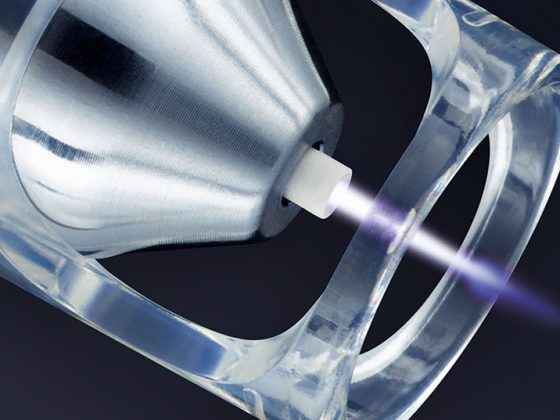Ankylosing spondylitis (AS) and psoriatic arthritis (PsA) can cause permanent joint damage and significantly reduce the quality of life of those affected [2, 3]. For more than a year, an additional targeted treatment has been available for these patients [1].
The successful approval of upadacitinib (RINVOQ®) in rheumatoid arthritis (RA) in January 2020 was quickly followed by two additional approvals in AS and PsA [1, 4]. As of March 23, 2021, upadacitinib is available for the treatment of adult patients with AS who have had an inadequate response to nonsteroidal anti-inflammatory drugs (NSAIDs) and in PsA after an inadequate response or intolerance to DMARDs [1, 5]. Approval of the selective, reversible Janus kinase (JAK) inhibitor for moderate-to-severe RA after inadequate response or intolerance to at least one csDMARD was based on positive results from the comprehensive SELECT-RA trial program involving more than 4,380 adult patients [5]. The decisive factors for the indication extensions AS and PsA were the results of the randomized phase II/III SELECT-AXIS 1 trial and the two pivotal randomized phase III SELECT-PsA 1 and 2 trials [3, 6, 7]. Overall, upadacitinib is the first and currently the only JAK inhibitor that can be used in RA, AS, and PsA [8].
First-In-Class at AS [8]
In SELECT-AXIS 1 of 187 bDMARD-naïve AS patients who had had an inadequate response to at least two NSAIDs or had an associated intolerance or contraindication, the ASAS40 response rate (improvement of ≥40% in disease criteria according to the Assessment of SpondyloArthritis International Society; primary endpoint) was twice as high in the 15 mg upadacitinib group as in the placebo arm at 52% at week 14 (p=0.0003). Upadacitinib also reached statistical significance versus placebo at week 14 in several multiplicity-controlled secondary endpoints related to disease activity. In addition, AS patients in SELECT-AXIS 1 benefited from a response to upadacitinib within two weeks [3]. Upadacitinib is the first JAK inhibitor approved in AS in Switzerland and offers a new and effective therapeutic approach in this setting [5, 8].
Primary and secondary endpoints met in both PsA trials [6, 7].
SELECT-PsA 1 compared the efficacy and safety of upadacitinib with placebo and adalimumab in 1,705 PsA patients who had inadequate response or intolerance to non-biologic DMARDs. Among them, 70.6% of patients on once-daily 15 mg upadacitinib and 36.2% on placebo met the primary endpoint of ACR20 response (improvement in American College of Rheumatology disease criteria by ≥20%) at week twelve (p<0.001). In the group with biweekly administration of 40 mg adalimumab, this was the case in 65.0% of patients, demonstrating upadacitinib non-inferiority to adalimumab (p<0.001 for non-inferiority) [6]. After 56 weeks, 59.7% of patients on upadacitinib and 51.3% of patients on adalimumab had achieved an ACR50 response (p≤0.05) [9]. In SELECT-PsA 2 with 642 PsA patients who had inadequate response or intolerance to at least one bDMARD, the ACR50 response rate with upadacitinib was 40.8% at 56 weeks [7]. In both patient collectives, upadacitinib showed a rapid response within two weeks. In this regard, continuous treatment with upadacitinib for 56 weeks was associated with improvements in most clinically relevant manifestations of PsA [7, 9].
Safety profile of upadacitinib
In SELECT-AXIS 1, an average of 5.9 serious adverse events occurred with upadacitinib per 100 patient-years [10]; in an integrated analysis of the SELECT-PsA 1 and PsA 2 trials, the rate of serious adverse events per 100 patient-years was 10.3 with upadacitinib, 9.6 with adalimumab, and 8.2 with placebo. Herpes zoster occurred more frequently in the SELECT-PsA trials with upadacitinib than with placebo and adalimumab [11]. However, most cases were not severe and were limited to one dermatome, which was also seen in the isolated cases of herpes zoster in SELECT-AXIS 1 [10, 11]. Compared with the upadacitinib RA trials, no new safety signals were identified with upadacitinib [10, 11].
Brief technical information RINVOQ®
CH-RNQP-220019_03/2022
Literature
The references can be requested by professionals at medinfo.ch@abbvie.com.
With the financial support of AbbVie AG, Alte Steinhauserstrasse 14, 6330 Cham.
Contribution online since 24.03.2021
Post updated 08.04.2022












